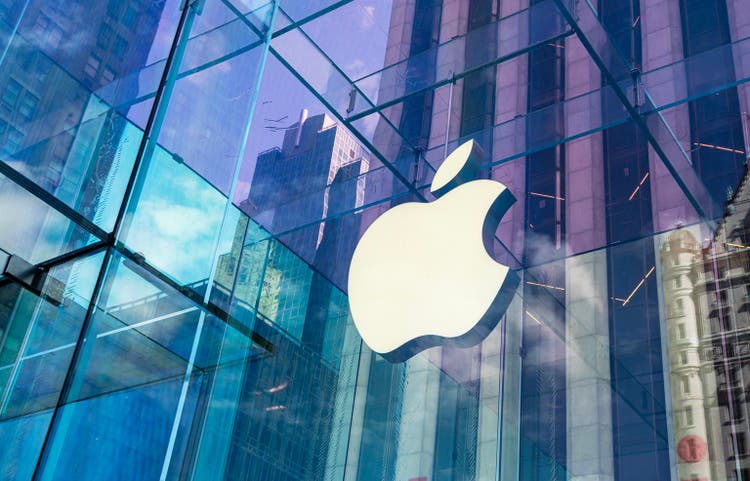An investment journey often starts with a basic but important choice: should you take the driver’s seat and manage your money yourself, or rely on a professional to guide you? For most investors, the decision comes down to two paths: direct investing (where you’re in full control), and investing through a financial advisor (where an expert helps manage your portfolio). So what’s the real difference between the two?
In this special series, titled ‘Seekho Paiso ki Bhasha’ (Learn the Language of Money), Kotak Mutual Fund MD Nilesh Shah simplifies complex market concepts in a candid and accessible way.
Watch the full episode-
“A direct plan involves relative lower expense ratio compared to a regular plan, where distributor fees is involved… Optically, direct plans look relatively cheaper. However, once you factor in the advisor’s fee, the cost difference narrows significantly,” says the market veteran.
Regular vs Direct: What’s the difference?
First things first: it’s important to understand the key difference between regular and direct plans--especially if you are engaging a professional advisor.
“Normally, when you engage a financial advisor, you invest in direct plans that have a relative lower expense ratio. In this case, you pay the advisor separately. On the other hand, when you invest through a regular plan, your investment goes via a distributor, and the advisor’s cost is embedded in the plan--so there are no additional charges,” Shah explains.
What should new investors do? Is it better to engage a financial advisor if you're just getting started?
“Without knowledge, you can’t choose the right train--and it won’t take you to your destination. Even if you’re on the right train, it’s equally important to stay on till it reaches the destination. In the same way, a distributor can help design your portfolio based on your goals and risk appetite,” says Shah.
He adds, “Just like parents reassure a nervous child on a roller coaster, a distributor does the same for investors--helping them stay calm through market ups and downs.”
What are the benefits of both approaches?
“If you're aware of your risk profile and goals--and can research and choose suitable schemes--direct investing makes sense. But if you can’t devote time to monitoring investments or get easily swayed by market trends, it’s better to work with a professional advisor,” says Shah.
He illustrates with an example:
“If you invested during COVID-19 and stayed invested, you’re likely a risk-taker--and may not need an advisor. But if you exited during the same period, it reflects a lower risk appetite--and in that case, an advisor can help you stay disciplined,” the veteran fund manager explains.
The ‘Seekho Paiso ki Bhasha’ series aims to break down investment concepts into simple, relatable terms--so that every investor, new or experienced, can make more informed decisions.
An investor education and awareness initiative by Kotak Mahindra Mutual Fund.
Visit: https://www.kotakmf.com/iap-disclaimers/ to know more about the process to complete a one-time Know Your Customer (KYC) requirement to invest in Mutual Funds, procedure w.r.t. change of address, phone number, bank account details, etc. Investors should only deal with registered Mutual Funds, details of which can be verified on the SEBI website (www.sebi.gov.in/intermediaries.html). For any queries, complaints and grievance redressal, investors may reach out to the AMCS and/or Investor Relations Officer. Additionally, investors may also lodge complaints on https://scores.gov.in if they are unsatisfied with the resolution given by AMCS. SCORES portal facilitates you to lodge your complaint online with SEBI and subsequently view its status.
Mutual Fund investments are subject to market risks, read all scheme related documents carefully.
This article is from the Brand Desk. User discretion is advised.

 2 hours ago
1
2 hours ago
1












 English (US) ·
English (US) ·